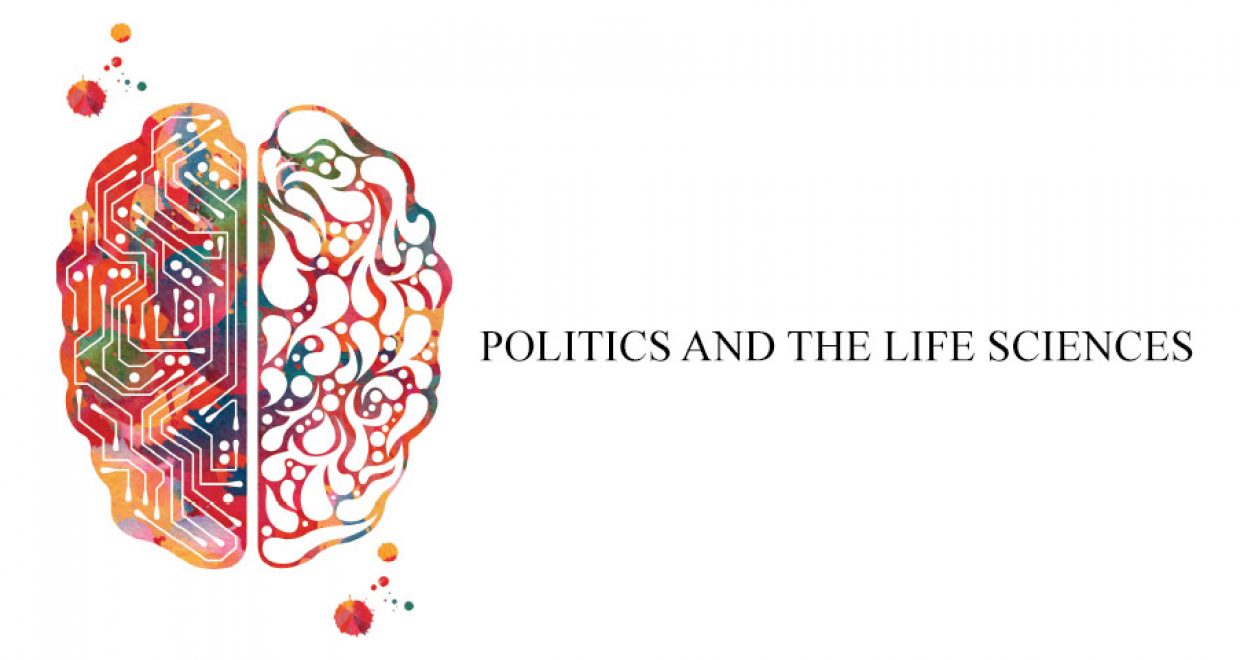Darwin’s Bureaucrat: An Evolutionary Understanding of Bureaucratic Behavior
Historically much of the literature on bureaucratic behavior seeks to better understand how bureaucrats will use their discretionary power and information advantages to make decisions. Researchers have largely approached this topic from different perspectives. Those approaches, we posit, can be divided into two categories, economic and psychological perspectives on human nature. For the sake of clever (we think) titling, we refer to the former as “Adam Smith’s Bureaucrat” and the latter as “Herbert Simon’s Bureaucrat”. There is a great deal of useful and informative work in each of these categories, however we believe that there exists a third, what we call “Charles Darwin’s Bureaucrat”, anchored in biology and evolutionary theory, that does an even better job explaining and predicting bureaucratic behavior.
Adam Smith’s bureaucrat is based in rational behavior. People have preferences that are stable and transitive. They have the information and ability to compare potential benefits in the present and the future, and can even include the cost of foregone opportunities into their calculus. Because of these characteristics, individuals will compose a set of expected payoffs for each possible outcome in a choice situation, and then calculate which one gives them the most utility. Noted scholars like Downs, Niskanen, and Buchanan and Tullock all used this framework to build models of bureaucratic behavior. The conclusions generally agree that bureaucrats, like the rest of us, make decisions that further their own self-interests.
Even though there is a general consensus among the rational choice scholars that self-interest is the primary driver of bureaucratic behavior, there hasn’t been much agreement on what that interest actually is. Additionally, Adam Smith’s bureaucrat gives us a good basis for studying and formulating prescriptive reforms, however there just isn’t that much evidence that this particular bureaucrat exists. If we want to look at a framework that has more empirical evidence, there is Herbert Simon’s bureaucrat. In this model, the boundedly rational bureaucrat adapts to the environment and makes choices based on both incomplete information and disordered preferences. This bureaucrat may act in his own self-interest, but is just as likely to not. Simon’s bureaucrat may seem comfortable as a model to readers, as an individual motivated by context hand is an individual that is familiar to many of us.
As descriptive as Simon’s Bureaucrat is, it lacks predictive power. In fact, behavioralists in this vein don’t even mean to predict behavior, as only observed phenomenon are to be explained. Without prediction though, it is really hard to test this framework. Further, without predictive power it is not particularly useful when it comes to creating systems or policies to manage bureaucrats.
Rational choice gives us a basis for predicting behavior, but often fails descriptively; bounded rationality works well descriptively, but not predictively. Rational choice is based on a possibly incorrect conception of human nature; bounded rationality is based on a limited conception of human nature where the environment is the primary driver of behavior. Darwin’s bureaucrat, an evolutionary and biological approach, offers both descriptive and predictive power. Humans have evolved toward certain basic behavioral predispositions in order to survive in a world filled with other humans, behaviors that help us look like good group members. Decisionmaking is social in this context rather than purely individual. Darwin’s bureaucrat has deep roots in the empirical record (see the cooperation game or bargaining game literature for examples) but also improves our ability to predict under what contexts individuals will act in their own self-interest and when they will act cooperatively. Self-interest will be pursued when it isn’t likely to be detected.
If the big question for the study of bureaucracy is, “to what ends will humans use inside information and discretionary authority?” Darwin’s bureaucrat gives an answer. We use information and discretionary authority to serve self-interested ends, but only if there is no apparent social cost to doing so. If the choice is between conforming to group norms and serving self-interest, we choose the former even if it imposes a personal cost. The key for Darwin’s bureaucrat is neither “What it’s in it for me?” but “How will this look to others?” Darwin’s bureaucrat is willing to take advantage of others and act self-interestedly but will avoid being perceived as self-interested.
– Jayme L. N. Renfro, University of Northern Iowa
– This blog is based on Kevin B. Smith & Jayme L. N. Renfro’s article in Politics and the Life Sciences and can be read free of charge until the end of July 2020






